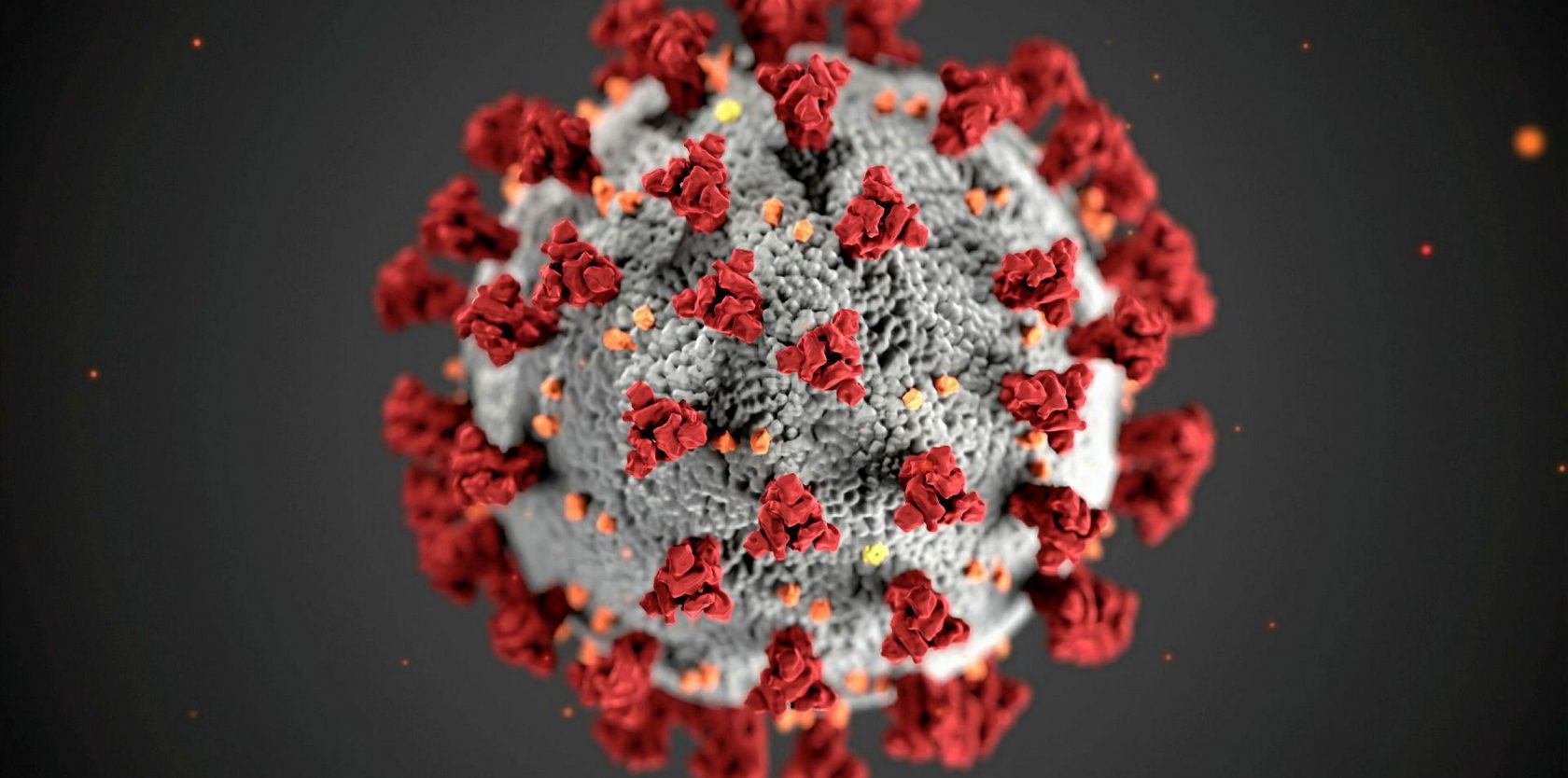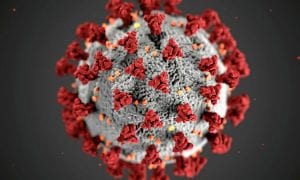WESTFIELD- The year 2020 in The City of Westfield was defined by the COVID-19 pandemic, as was the case for virtually every city on the planet.
In the early parts of the pandemic, the virus progressed on multiple fronts. It both literally spread to every corner of the world and slowly, but surely, changed how we reacted to it and how we were able to live our lives.
In January and February of 2020 the virus was mostly considered to be something that was a problem for far away countries that could be quickly contained before it ever hit Westfield.
Westfield’s Health Director Joseph Rouse originally held that mindset as well. In the monthly Board of Health meetings in those first two months, the coronavirus was discussed as a possible worst case scenario, but nobody thought to go into lockdown for a disease that was mostly ravaging cruise ships like the Diamond Princess cruise on the west coast.
Then came March 11, 2020.
During the last in-person Board of Health meeting that night it was announced that a teacher in Westfield Public Schools had been in close contact with someone who had tested positive for COVID-19.
“It sent the school system into a little bit of a panic,” said Rouse.
He said that, at the time, he and the members of the Board of Health were of a mindset that this virus may not be as bad as people were saying. The teacher’s classroom was shut down and the room was deep-cleaned. At the time there were just 95 confirmed COVID-19 cases in all of Massachusetts.
At the time, Rouse did not recommend that schools should close. He said on Monday that he didn’t want to have an overreaction to the situation.
Later that night, the NBA suspended its season after players began testing positive for COVID-19. In the following days the MLB and NHL followed suit.
On March 13 the decision was made to close Westfield Public Schools for two weeks as the virus spread throughout the state. Schools remained closed for much longer than the initial two weeks. Rouse said that this was the moment when he realized that COVID-19 was no joke, and that it would greatly impact our lives for months to come. At this point, however, Westfield had not yet recorded a single confirmed COVID-19 case.
That mattered little, as on March 12 local events began to be cancelled, Westfield State University suspended its spring sports season, and businesses began to shut down. On March 19, Baystate Noble Hospital barred visitors from the building. On March 23, Gov. Charlie D. Baker implemented a stay-at-home advisory and ordered all non-essential businesses to close.
Finally, on March 26, the City of Westfield publicly reported 24 confirmed cases of COVID-19, the first known cases in the city.
Rouse said that he would have acted differently if he had known then what he knows now. He said he would have attempted to bolster contact tracing efforts. In the Spring wave of the pandemic the Health Department had 11 contact tracers, which was not nearly enough for the number of close contacts they had to deal with.
“I also would have completely locked it down,” said Rouse, “When the schools closed, it should have been a bigger societal decision that everyone needs to stay home.”
He said that he should have done a two-week stay-at-home order for Westfield earlier.
“We would have fared a little better. We would have flattened the curve sooner for the first wave,” said Rouse.
He said that such an order in the Spring would have had no impact on the second wave we are currently experiencing in the Winter. Rouse lamented that there is little to no desire among the population to enter another lockdown.
“We went through these phases with this whole thing. At the beginning everyone was receptive but at the edge of their seat. As time went on, people realized the sacrifices they were making and the hardships they created,” said Rouse, “Now people say we don’t know what we’re talking about and that we can’t tell them what to do. You could tell people were sick of it.”
Westfield’s first wave began to subside as the spring moved towards the summer. Stay-at-home measures and the warmer weather helped to keep the virus mostly at bay. When the cold weather returned and people’s attitudes soured towards the idea of more lockdowns, the spread of the virus accelerated to the point where it is now out of control.
Rouse said on Monday that the number of confirmed cases in Westfield this week was already at a new record with two days left in the reporting period. Christmas and New Year’s gatherings are believed to be fueling the acceleration of the spread of COVID-19.
Though the vaccine rollout is underway, it has widely been considered to be insufficient in getting shots into people’s arms quickly, despite the rapid pace at which the vaccines have been produced.
Though much time has passed since those first cases were reported in Westfield, the recommendations remain the same; wash your hands, wear a mask, socially distance, and stay home when you’re sick.








